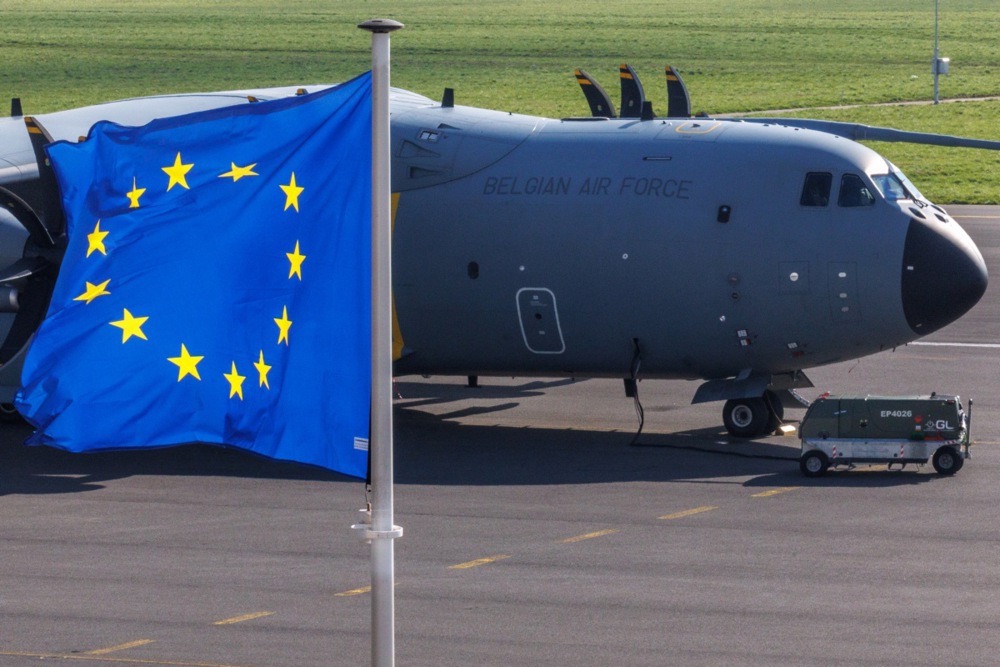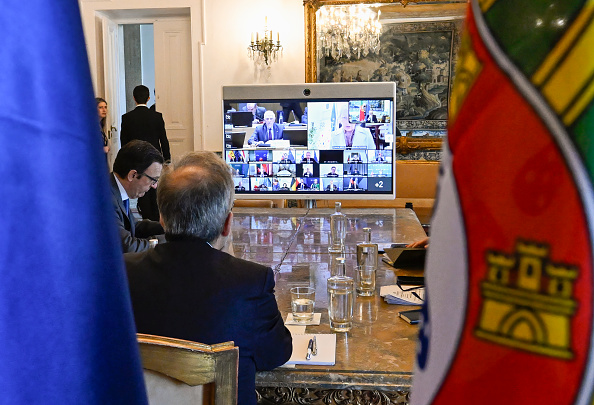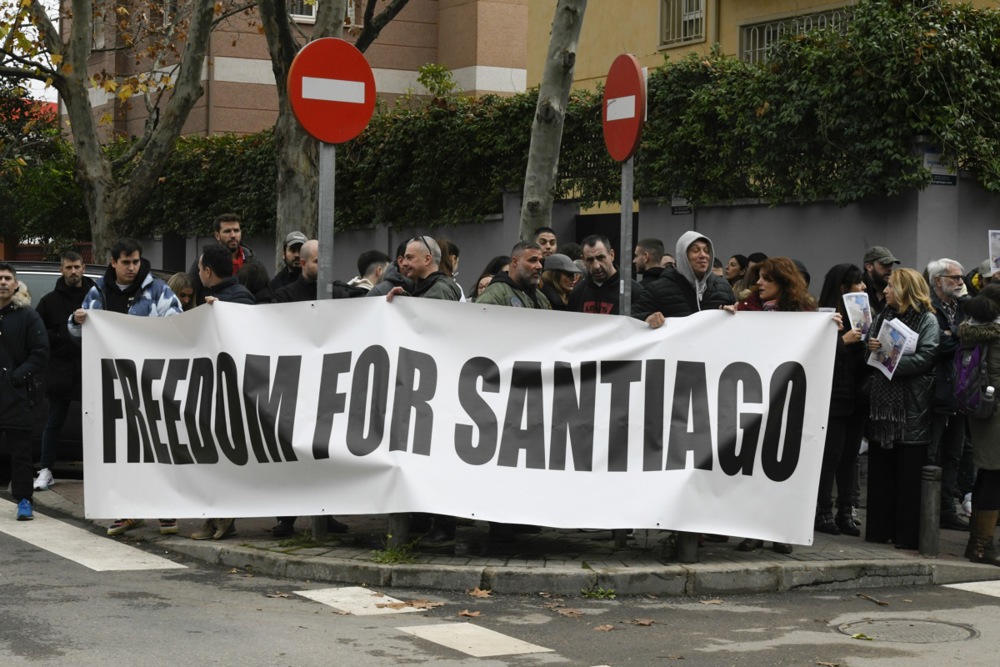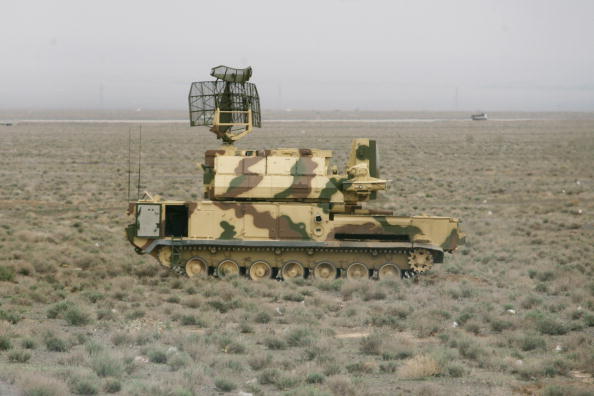Three former European Union leaders representing the Brussels-based NGO International Committee In Search of Justice (ISJ) will submit an official complaint to the European Commission for its “appeasement” of Iran.
Former vice-president of the European Parliament Alejo Vidal-Quadras, former European Parliament Iraq delegation head Struan Stevenson, and former EP delegation leader to NATO, Paulo Casaca, blasted the body for offering its condolences to Iran after the country’s president, Ebrahim Raisi, died in a helicopter crash.
Speaking at a press conference, the ex-leaders argued that the pacifist stance taken by the EC on the issue only “strengthens the Government in Tehran”.
Instead, they said, the president’s death should have been used by EU leaders to undermine the country’s government.
According to Vidal-Quadras, the deaths of those in the accident on May 19 “weaken the Iranian regime”.
“This is a good occasion to insist on the demands for a radical change in EU and US policies in relation to the Iranian regime,” he said.
By contrast, Brussels’ decision to try to cosy up to Iranian officials following the crash was a strategic error.
“The Western appeasement policy toward Iran has blatantly failed,” the three former leaders said, adding that a “diplomatic silence would have done the trick”.
Responding to a query from Brussels Signal, the officials confirmed that they had already been in communication with the EC over its treatment of Iran, especially in regard to the Islamic Revolutionary Guard Corps.
While that group has been designated as a terror organisation by several countries, including the US, Stevenson said the EC had so far refused to move against the paramilitary outfit.
“We have been in contact with [the Commission’s High Representative Josep] Borrell and other EU leaders and we have asked them to blacklist the Revolutionary Guards — but they refuse to do so,” he said.
Vidal-Quadras went on to blame the EC’s percieved lack of action on it being scared of Iran.
“Western governments are afraid of the regime in Tehran,” he said.
EU leaders have come under fire for offering condolences after Iran’s President, Ebrahim Raisi, was killed in a helicopter crash. https://t.co/2O0fYscuJM
— Brussels Signal (@brusselssignal) May 21, 2024
Speaking on the nature of the crash itself, Vidal-Quadras said that — apart from it being an accident — there were two possible explanations for why the helicopter was downed.
One was the involvement of “an intelligence service of another country”. Although he did not explicitly mention Israel, many felt that was the state he was referring to.
A second possible explanation, he said, was that the crash was “a result of internal fights between families”, given that whoever replaces current Iranian religious leader Ali Khamenei was a matter of significant concern in the country.
“Raisi was a great candidate to succeed Ali Khamenei,” Vidal-Quadras said.
“I do not regret his [Raisi’s] death because, among other reasons, this regime has tried to kill many people, including myself,” he continued, referencing an apparent Iranian attempt on his life last year that saw him suffer a bullet wound.
Shahim Gobadi, an Iranian representative of the exiled opposition, agreed that the President’s death had weakened Iran.
“Raisi’s death has been very demoralising for the regime,” he said.
Ahead of the country’s June 28 elections, he said he believed that “basically what will happen is that Khamenei will strengthen the regime and look for a successor”.
“The elections in Iran have been used by many disinformers to show an idea that does not exist; elections do not exist as such, the same thing happened in the USSR and nobody thought of calling the USSR a democracy,” he added.
COMMENT: Forget turning the other cheek; Israel should teach Iran a lesson, writes @ConradMBlack. https://t.co/N5AqYDCN9s
— Brussels Signal (@brusselssignal) April 19, 2024





